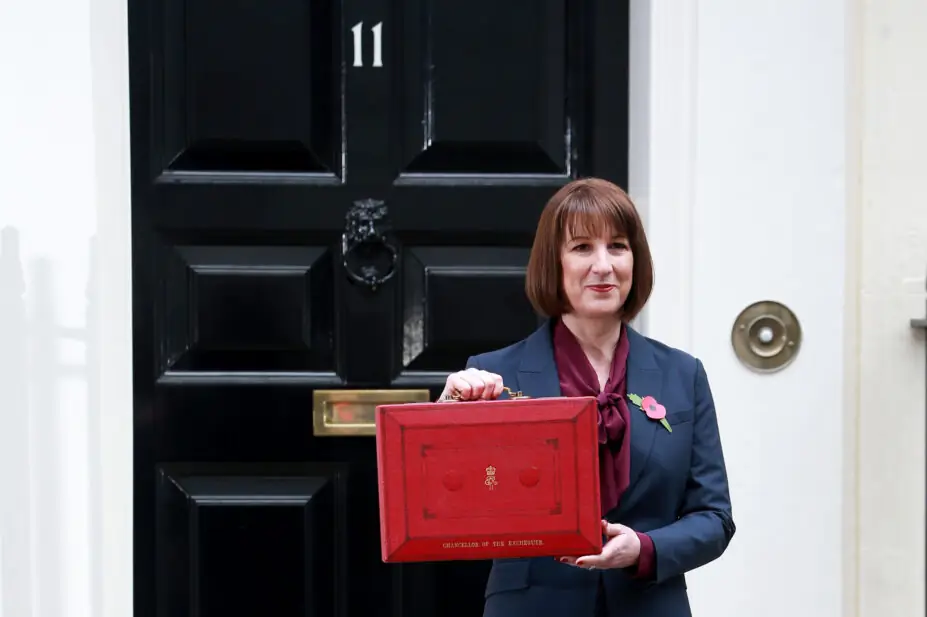
Shutterstock.com
The 2024 autumn budget has the potential to cost community pharmacies £200m per year in unplanned expenses, pharmacy bodies have said.
In a letter to health secretary Wes Streeting, the National Pharmacy Association (NPA), the Company Chemists’ Association (CCA), Community Pharmacy England (CPE) and the Independent Pharmacies Association (IPA) warned that increases to employers’ national insurance contributions and the national living wage could push many contractors to insolvency.
Under the budget, set by the UK government on 1 November 2024, employer ‘class 1’ national insurance contribution rates will rise from 13.8% to 15.0% in April 2025.
At the same time, the national living wage will increase from £11.44 to £12.21 per hour.
The joint letter calls for the government to shield community pharmacy from these costs, saying that it has “committed to offsetting this cost for the NHS but has made no such commitment for community pharmacies”.
A statement issued by CPE on 29 November 2024 said that it had calculated that the national insurance increase would cost pharmacies an estimated £50m, while increases in the national living wage could cost between £115m and £152m per year.
“Unlike other businesses, pharmacies cannot put up prices for their patients, meaning that they may be forced to cut back on their opening hours, or shut altogether,” it added.
“This would reduce out-of-hours access, and lead to more patients having to visit A&E or urgent treatment centres at a time when the NHS has already been labelled ‘broken’,” the statement said.
The letter from pharmacy bodies follows a ballot of NPA members on whether to take collective action in response to the underfunding of the sector.
Ballot results showed that 99% of community pharmacy owners voted in favour of limiting their services if improved funding is not forthcoming, and 98% said they would be willing to restrict their opening hours to the minimum required by their contract.
Commenting on the CPE analysis, Nick Kaye, chair of the NPA, said: “Pharmacies are ambitious to expand their role and want to work with the government to deliver the best possible services for their communities and take pressures from other parts of their health system.
“However, they simply cannot do this until these oppressive funding challenges are met.”
Janet Morrison, chief executive of CPE, said: “The budget will wreak havoc on an already fragile community pharmacy network.
“Without mitigation, these changes could hasten a ‘house of cards’ collapse in the network, with communities across the country quickly beginning to feel the effects as the local pharmacies they rely on are forced to make yet more cutbacks to essential healthcare services.”
Claire Anderson, president of the Royal Pharmaceutical Society, said: “As the government develops its ten-year plan, it must prioritise sustainable funding for pharmacies, building on the success of initiatives like Pharmacy First in England, the common ailments [service] scheme in Wales and the Pharmacy First service in Scotland, even as pharmacists take on an increasing role as independent prescribers.
“With increasing prescription volumes and rising demand on pharmacy teams, urgent action is needed to address warnings of closures and ensure patients continue to benefit from a resilient and accessible community pharmacy network.”


